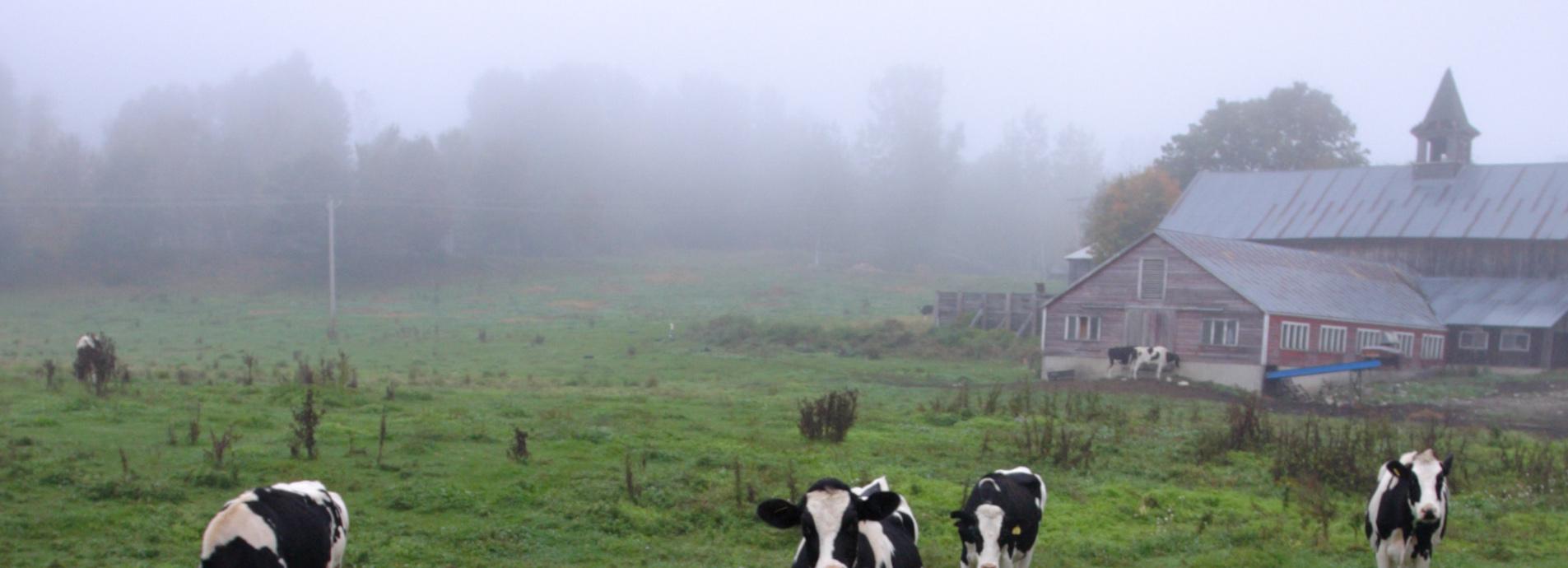June 17, 2025
As the legislative session wraps up, we’re taking a moment to highlight key food and farming bills that successfully made it across the finish line:
Right To Farm
S.45, the so-called "right to farm" bill, passed the legislature in late May and was signed into law by Governor Scott on June 12. Significant differences between the House and Senate versions were resolved in a conference committee, with the final version aligning closely with the House bill. Notably, it excludes the Senate’s proposed protections against trespass lawsuits.
The bill’s official title—"An act relating to protection from nuisance suits for agricultural activities"—more accurately reflects its intent. In its final form, the bill includes several key provisions:
- It states that “no agricultural activity shall be or become a nuisance” if it follows generally accepted agricultural practices (as defined in the bill) and the farmer can demonstrate they are in good standing with the state.
- It shifts the burden of proof to the plaintiff, who must show that the farm does not meet these criteria.
- It clarifies that nuisance protections do not apply in cases of negligent operation, substantial harm to health, safety, or welfare, or significant and noxious interference with neighboring property use and enjoyment.
- It requires plaintiffs to attempt mediation—offered at no cost through a federally funded program—before filing a nuisance lawsuit.
Cottage Food Law
H.401, commonly referred to as the “cottage food law,” was passed by the legislature in May and signed into law by Governor Scott on June 2. Now titled Act 42, the law exempts home-based food businesses (also known as cottage food operations) with annual sales of $30,000 or less from existing licensing requirements and fees. For more background, check out VTDigger’s March coverage of the issue.
Miscellaneous Agriculture Bill
Finally, S.124—officially titled the “miscellaneous agriculture bill”—was passed by the legislature in May and signed into law by Governor Scott on June 12. The law modifies how certain farms are regulated for water quality, expanding the Vermont Agency of Natural Resources’ (ANR) role in overseeing some farm operations. These changes are, in part, a response to the EPA’s findings earlier this year that Vermont is in violation of the Clean Water Act, along with its directive that ANR assume responsibility for specific aspects of farm inspection and permitting. The law authorizes ANR to hire three new staff members to carry out inspections, develop a new permitting program to bring the state into compliance, and convene a stakeholder group to continue work on future water quality regulations.

